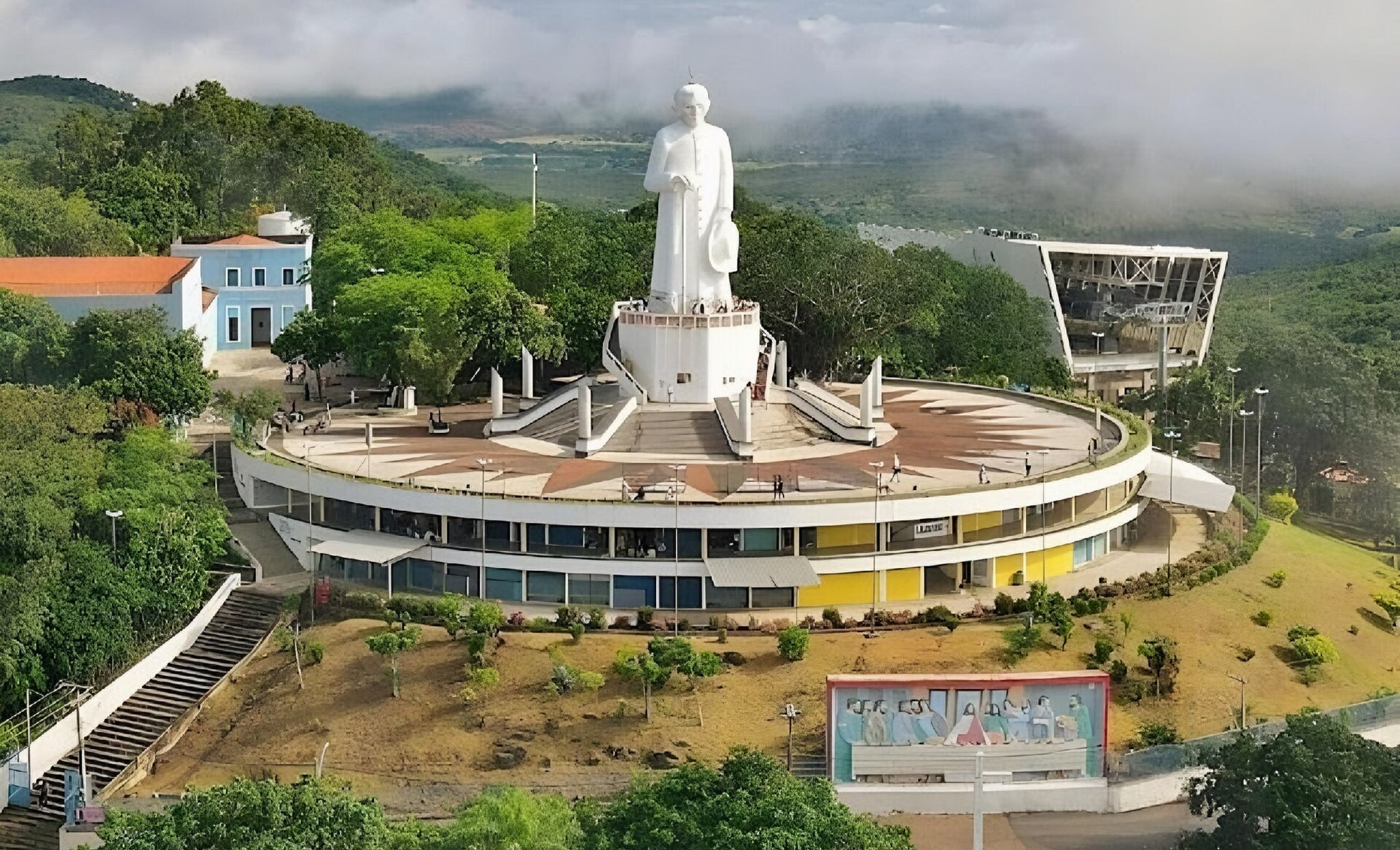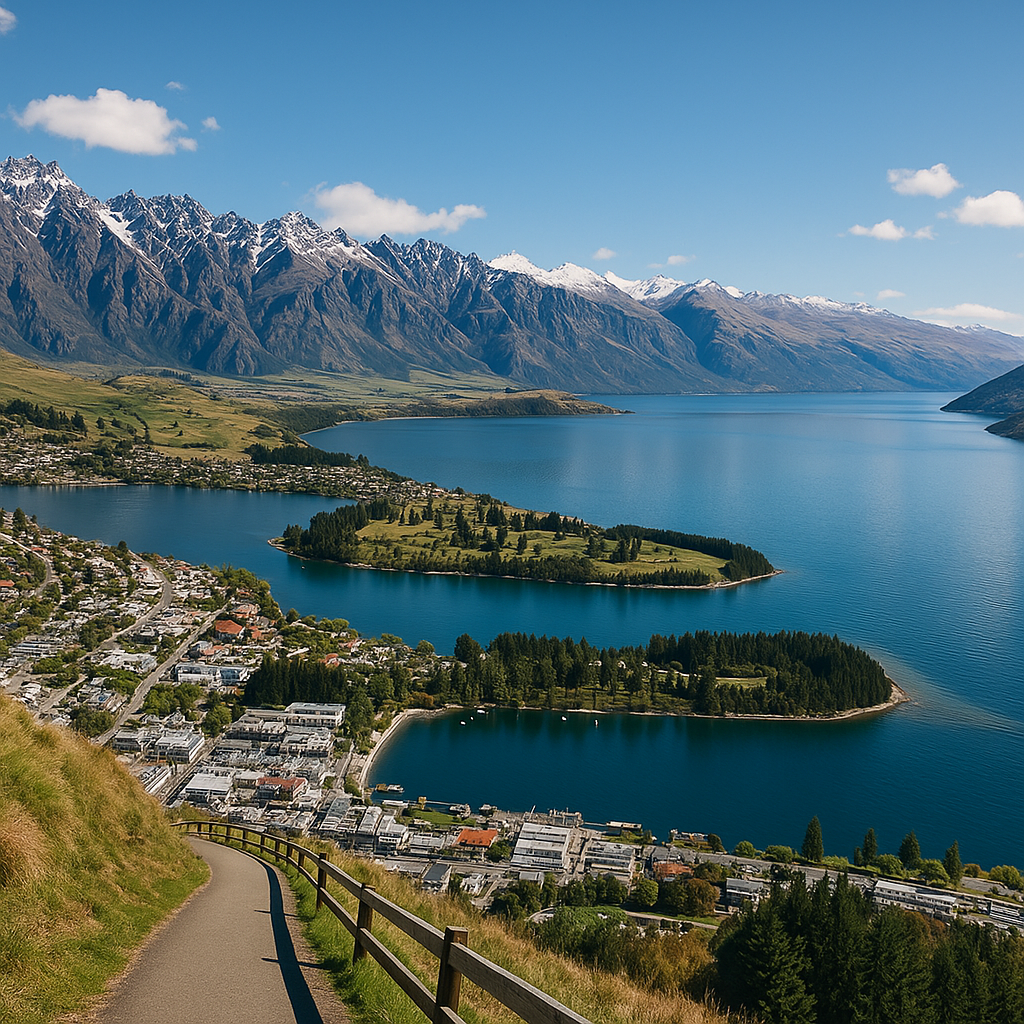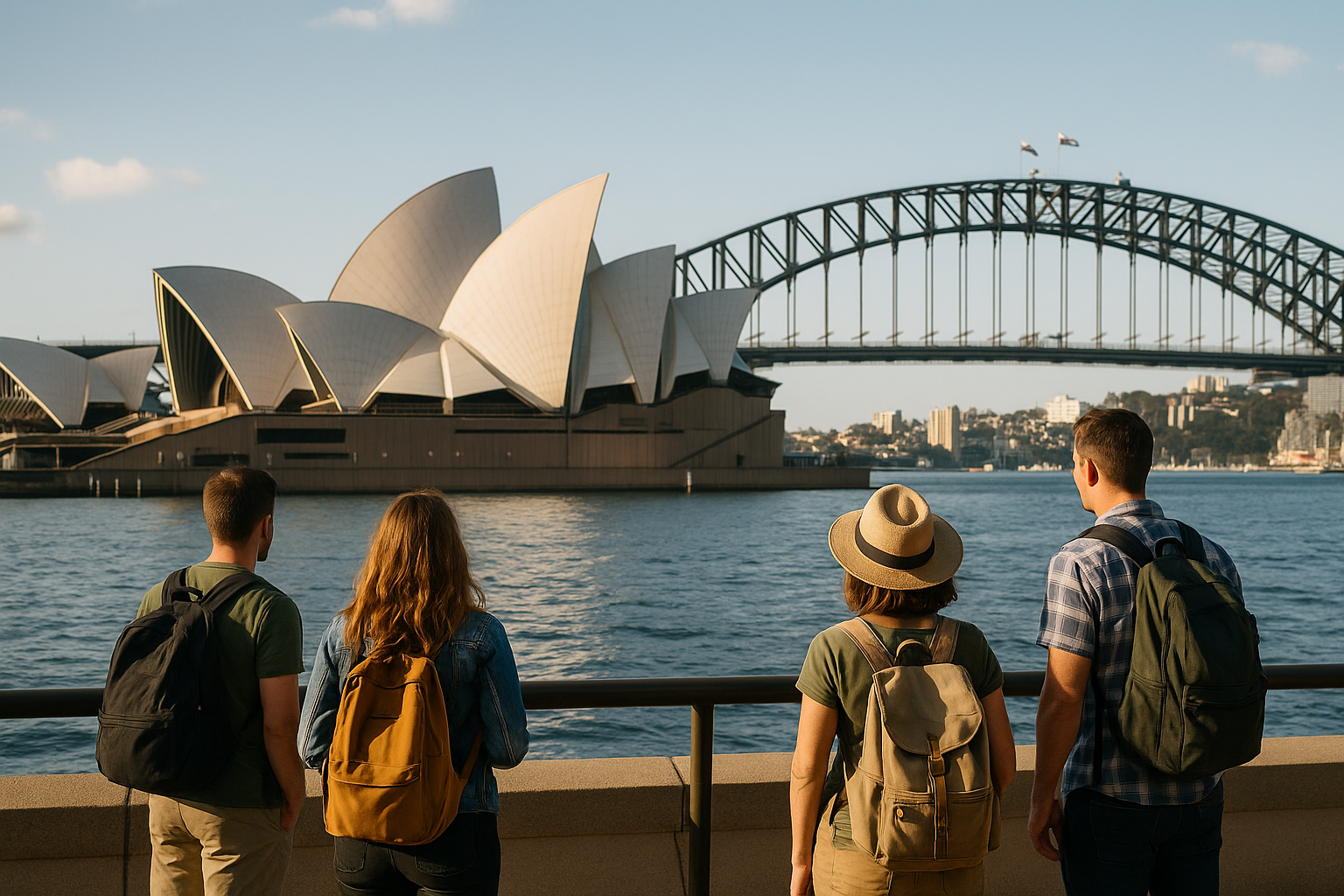Introdução
Juazeiro do Norte, localizada na região sul do Ceará, é um dos maiores e mais importantes centros urbanos do estado. Conhecida por sua forte religiosidade, rica história e vibrante cultura, a cidade atrai milhares de turistas todos os anos, especialmente aqueles que desejam conhecer o legado de sua maior figura: o Padre Cícero. Neste artigo, vamos explorar o que torna Juazeiro do Norte um destino único, desde suas origens históricas até as atrações turísticas que encantam os visitantes.
A História de Juazeiro do Norte: Da Fundação à Proeminência Regional
A história de Juazeiro do Norte está intimamente ligada à figura do Padre Cícero, um dos maiores nomes da religiosidade popular no Brasil. Fundada em 1911, a cidade, que inicialmente era uma pequena vila, cresceu rapidamente devido ao fervor religioso e ao movimento de fé inspirado pelo Padre Cícero.
1. A Origem da Cidade: O Papel do Padre Cícero
O rápido desenvolvimento da cidade começou quando o Padre Cícero passou a atrair devotos de todo o Brasil, em busca de milagres e bênçãos. Seu trabalho religioso, que incluía missões de caridade e curas, transformou a cidade em um polo de peregrinação, desempenhando um papel central no crescimento de Juazeiro do Norte.
2. Juazeiro do Norte e o Movimento Religioso
A cidade consolidou-se como um importante centro de fé e devoção, sendo o berço de um dos maiores movimentos religiosos do Brasil, que atrai milhões de fiéis anualmente. O culto ao Padre Cícero é um fenômeno cultural e religioso que ultrapassa os limites da cidade, refletindo a força da religiosidade nordestina.
Principais Atrações Turísticas de Juazeiro do Norte: O Que Visitar
Juazeiro do Norte oferece uma variedade de atrações, desde sua arquitetura histórica até seus espaços religiosos e culturais impressionantes. Veja a seguir as principais atrações turísticas da cidade:
1. Memorial Padre Cícero: O Legado de um Santo Popular
O Memorial Padre Cícero é o principal ponto de visitação em Juazeiro do Norte. Localizado na Praça Padre Cícero, o memorial conta a história do sacerdote, sua trajetória e o movimento de fé que ele liderou. O local também abriga eventos religiosos e culturais, funcionando como ponto de encontro tanto para devotos quanto para turistas.
2. Igreja de São José de Ribamar: Religião e Arquitetura
A Igreja de São José de Ribamar é um marco arquitetônico e religioso de Juazeiro do Norte. Situada na praça principal da cidade, a igreja abriga uma das imagens mais veneradas do Padre Cícero pelos seus devotos. Visitar a igreja é uma imersão na fé e na arquitetura tradicional cearense.
3. Museu Vivo do Padre Cícero: Uma Viagem no Tempo
Outro local imperdível é o Museu Vivo do Padre Cícero, que preserva a memória do sacerdote e o patrimônio religioso da cidade. O museu, que conta com um vasto acervo de objetos, fotografias e documentos históricos, é um espaço essencial para compreender o impacto do Padre Cícero na região.
4. Estátua do Padre Cícero: Um Majestoso Símbolo de Fé
A Estátua do Padre Cícero, localizada na Colina do Horto, é uma das atrações turísticas mais famosas de Juazeiro do Norte. Com 27 metros de altura, a estátua do Padre Cícero é um dos maiores símbolos da fé no Brasil e uma visita obrigatória para todos que chegam à cidade. O local também oferece vistas deslumbrantes de toda a cidade.
5. Colina do Horto: Um Centro de Devoção e Beleza Natural
A Colina do Horto é um importante local de devoção em Juazeiro do Norte, onde está localizada a famosa estátua do Padre Cícero. Além de seu significado religioso, o local oferece uma vista panorâmica da cidade e das serras do Cariri, sendo um excelente ponto para trilhas e momentos de contemplação.
Cultura em Juazeiro do Norte: Tradição e Modernidade
Juazeiro do Norte é uma cidade que mescla tradição e modernidade, com forte presença cultural tanto no contexto local quanto regional. A cidade abriga importantes manifestações culturais, como festas populares, danças típicas e a música nordestina.
1. Festas Religiosas e Culturais: Fé e Alegria nas Ruas
A cidade é conhecida por suas festas religiosas, como a Romaria do Padre Cícero, que acontece anualmente e reúne milhares de pessoas que caminham em peregrinação até a cidade. Juazeiro do Norte também celebra o São João com danças típicas e festas nas praças públicas, onde a cultura nordestina é celebrada com muita alegria.
2. Música Popular Nordestina: O Som do Cariri
A música é um dos pilares culturais de Juazeiro do Norte. O forró, a bossa nova e outros estilos musicais regionais são comuns na cidade, com apresentações ao vivo em bares, praças e eventos culturais. Juazeiro do Norte é considerado um celeiro de talentos musicais que preservam as tradições sonoras do Ceará.
Gastronomia de Juazeiro do Norte: Sabores do Sertão
A culinária de Juazeiro do Norte é um reflexo da cultura nordestina, com pratos típicos que encantam os visitantes. A cidade oferece uma ampla variedade de opções gastronômicas, onde é possível saborear pratos como carne de sol, feijão verde e baião de dois, acompanhados por petiscos deliciosos e sobremesas típicas.
1. Pratos Típicos de Juazeiro do Norte
Os pratos típicos de Juazeiro do Norte são uma verdadeira explosão de sabores. Cuscuz, arroz com pequi e buchada de peixe são algumas das iguarias locais que compõem a gastronomia da região e são indispensáveis para quem visita a cidade.
Como Chegar a Juazeiro do Norte: Acessibilidade e Transporte
Juazeiro do Norte é de fácil acesso, com diversas opções de transporte para quem deseja visitar a cidade. O município é atendido por um aeroporto regional, o Aeroporto Regional Orlando Bezerra de Menezes, que recebe voos diários de várias capitais brasileiras. Além disso, há opções de ônibus e transporte rodoviário para quem chega a Juazeiro do Norte vindo de outras cidades do Ceará e de estados vizinhos.
Conclusão: Juazeiro do Norte, um Destino Imperdível no Ceará
Juazeiro do Norte é um destino completo, que combina história, cultura, religiosidade e beleza natural. Sua importância religiosa, somada às atrações turísticas fascinantes, à rica gastronomia e às manifestações culturais, tornam a cidade um destino imperdível para quem deseja explorar a verdadeira essência do Sertão brasileiro. Seja para visitar a cidade sagrada do Padre Cícero ou para vivenciar a rica cultura local, Juazeiro do Norte é um lugar que deixa uma marca inesquecível em seus visitantes.








